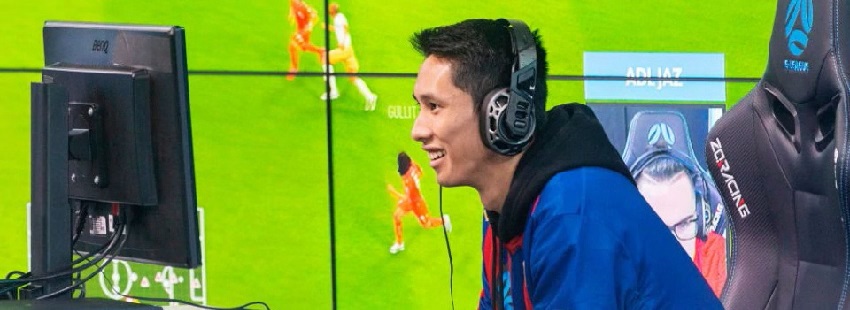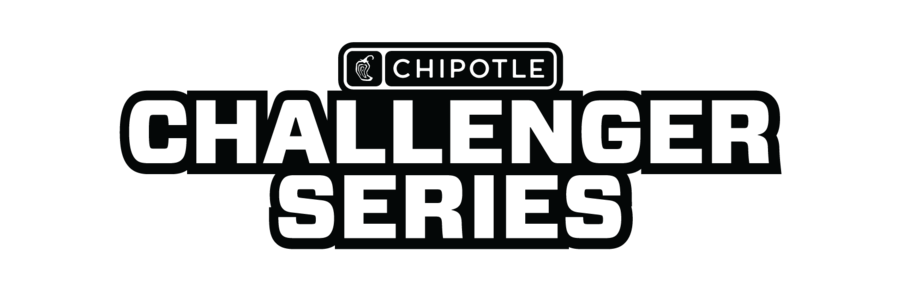Since the coronavirus outbreak, the world has rightly been reacting with human safety at the forefront of every decision.
This has made it impossible to avoid the cancellation of global events and has left us all with an uncertain start to the decade.
However, the esports industry’s level of growth offers a glimmer of hope in these trying times.
The uncertainty surrounding large sporting events has left many teams and companies unsure of their next steps.
Despite this, the esports market seems only to have strengthened.
Steam, the world’s largest and most popular PC gaming marketplace, reached new heights last week with its largest ever recording of concurrent users – more than 20m were on the platform at the same time.
Counter-Strike: Global Offensive broke its all-time record on the same Sunday – hosting one of the most watched esports competitions of all time, as well as breaking its own record with 1m concurrent players.
Combine this with the fact that Twitch has seen a 15 per cent increase across all platforms and that Verizon US has reported a 75 per cent increase in gaming at peak hours, and you can see that online gaming is making up a huge part of people’s quarantine plans.
Traditional sports join the party
While the fact that people are at home for longer periods of time is largely responsible for this, the nature of gaming also plays a vital role.
According to the Entertainment Software Association, 79 per cent of all games bought are purchased online, allowing people to buy any game they like without leaving their home.
Players can now download and play games, communicate with their friends and stream or watch streams without having to go outside.
While these elements have been part of the online ecosystem for years, they are now being more widely used by casual gamers, leading to a massive digital uplift that is reflected in the figures mentioned above.
Formula One was one of the first traditional sports to create a purely online alternative in place of its cancelled races.
From last weekend, there will be an esports version of every race of the season, streamed live across Twitch and YouTube with racing stars such as Max Verstappen already confirmed to enter.
https://twitter.com/F1/status/1241816841561034753
How brands can take advantage
Now, the key question is: how does the esports industry ensure this enormous new wave of users remain engaged after isolation is over and they return to their usual routines?
Platforms, and games, will need to continually update these users with offerings and experiences, based on their data, that will draw them back after isolation.
By keeping these audiences engaged, games and platforms can then inform them of up-and-coming esports events that will take place when isolation is no longer required, using the enforced hibernation to build and maintain their digital audiences before serving them with real-life, physical offerings.
It’s at this point where the wider sporting industry will also come out of isolation and take action to the sponsorship opportunities on offer.
Brands can make use of the isolation period to gain some positive sentiment by sponsoring purely digital events that take place over the coming months and proactively promoting gaming during isolation.
This would give gamers a fresh challenge to undertake with friends alongside creating exclusive content streamed from pro gamers.
Social media explosion
Like esports, social media usage has gone through the roof since the virus outbreak. TikTok has seen a 27 per cent increase in engagements from February to March, meaning a successful campaign could result in an explosion of brand positivity across social media.
After this period, brands would be wise to sponsor events with audiences already aware of their offering and more willing to engage with their live tournaments or competitions.
An example of this is the Chipotle Challenger Series. Chipotle initially sponsored a range of digital leagues and competitions alongside ESL, an esports organiser, before hosting fully amateur esports tournaments at DreamHack events in Dallas and Atlanta.
The results were outstanding, with over 640m digital impressions, over 500,000 unique social media engagements and the opportunity to feed 700-plus gaming pros.
This illustrates that a company can get involved with esports and find significant success when combining their experiential and digital efforts.
Simply put, the esports industry is one of the few that will have lasting benefits from the coronavirus outbreak, and it’s only a matter of time before companies realise this and race to take advantage of it.
//
About the Author
Nick Clarke is a digital account manager at global sports marketing agency rEvolution.
The full article can be found on City AM here. For more on REV/XP, rEvolution‘s subsidiary esports marketing agency, including our work with Chipotle and the Chipotle Challenger Series, please visit revxp.com. If you have any questions about REV/XP and ways your brand can enter the esports space, please reach out to Ken Olsen, REV/XP’s managing director.


